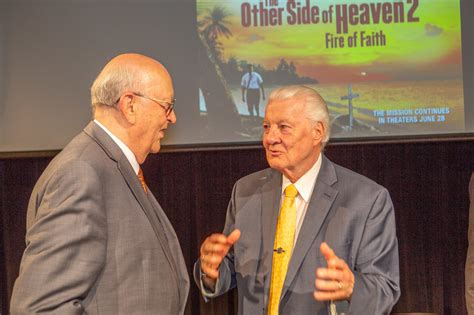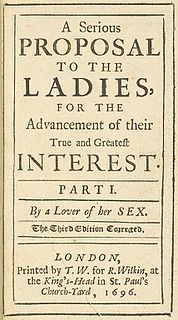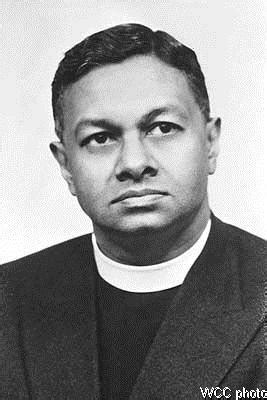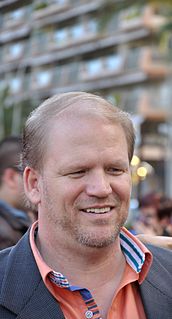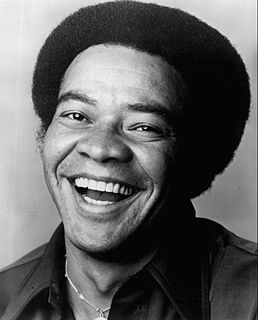A Quote by Aldo Leopold
We can be ethical only in relation to something we can see, feel, understand, love, or otherwise have faith in.
Related Quotes
There is only one thing in your life YOU can be sure of. That one thing is this moment, now. The last moment has gone forever. The next moment has not come. YOU can become fully conscious only when you are living in the moment. To begin to live in the moment you have to know it exists and understand it. To understand it you have to observe it in relation to yourself and in relation to life. When you understand it, when you become conscious, you will see it is all that exists. To see this is to glimpse reality.
Love is fed by the imagination, by which we become wiser than we know, better than we feel, nobler than we are: by which we can see life as a whole, by which and by which alone we can understand others in their real and their ideal relation. Only what is fine, and finely conceived can feed love. But anything will feed hate.
Faith in the continuance and enhancement of the intrinsic values--faith in truth, in beauty, in friendship, in love and harmony of life--in short, faith in reason and the worth of spiritual life--such faith is only another name for faith in the persistence of spiritual individuality. For, I repeat, these values are real only as functions of personal experience and deed. To have faith in the permanence of intrinsic values is to assume the enduring reality of selves who know truth, feel beauty, who love and win spiritual harmony.
Our senses are woefully limited. Our brains are but tiny candles flickering in an infinity of darkness. Our only wisdom is to admit that we cannot understand, and since we cannot understand we must do the best we can with faith. which is our only talent. The greatest act of faith we are capable of is that of loving another more than we love ourselves, and occasionally we can be quite good at it.
The "name" of the Most Holy Trinity is in a certain way impressed upon everything that exists, because everything that exists, down to the least particle, is a being in relation, and thus God-relation shines forth, ultimately creative Love shines forth. All comes from love, tends toward love, and is moved by love, naturally, according to different grades of consciousness and freedom... The strongest proof that we are made in the image of the Trinity is this: only love makes us happy, because we live in relation, and we live to love and be loved.
The chief difficulty is that God demands of us that we live by faith: faith in God, God's sovereignty over the future, God's sufficiency for the present; while, on the other hand, the various other gods whom we can serve appeal to us in terms of the things which we can see and the forces which we can calculate. The choice between the life of faith and the life of sight is a choice between a God whom only faith can apprehend and gods whom one has only to see to understand.
Beauty is undefinable in language. It's something that you see when you see it, or you feel when you feel it, or you hear when you hear it. It usually encompasses all five of the senses. It can't exist without it being a somehow sensorial experience. But, I don't think it's quantifiable. Nothing is really quantifiable. Nothing is certain in love and friendship. We all try to understand these things.
Glee is only one example - there are a lot of shows, adult shows online. I just don't understand why we've decided that we want to throw everything we can out there on the Internet, I don't know how it helps us. I think being exclusive, that you can only see something on CBS, you can only see something on ABC, is a good thing.
Why does philosophy use concepts and why does faith use symbols if both try to express the same ultimate? The answer, of course, is that the relation to the ultimate is not the same in each case. The philosophical relation is in principle a detached description of the basic structure in which the ultimate manifests itself. The relation of faith is in principle an involved expression of concern about the meaning of the ultimate for the faithful.



